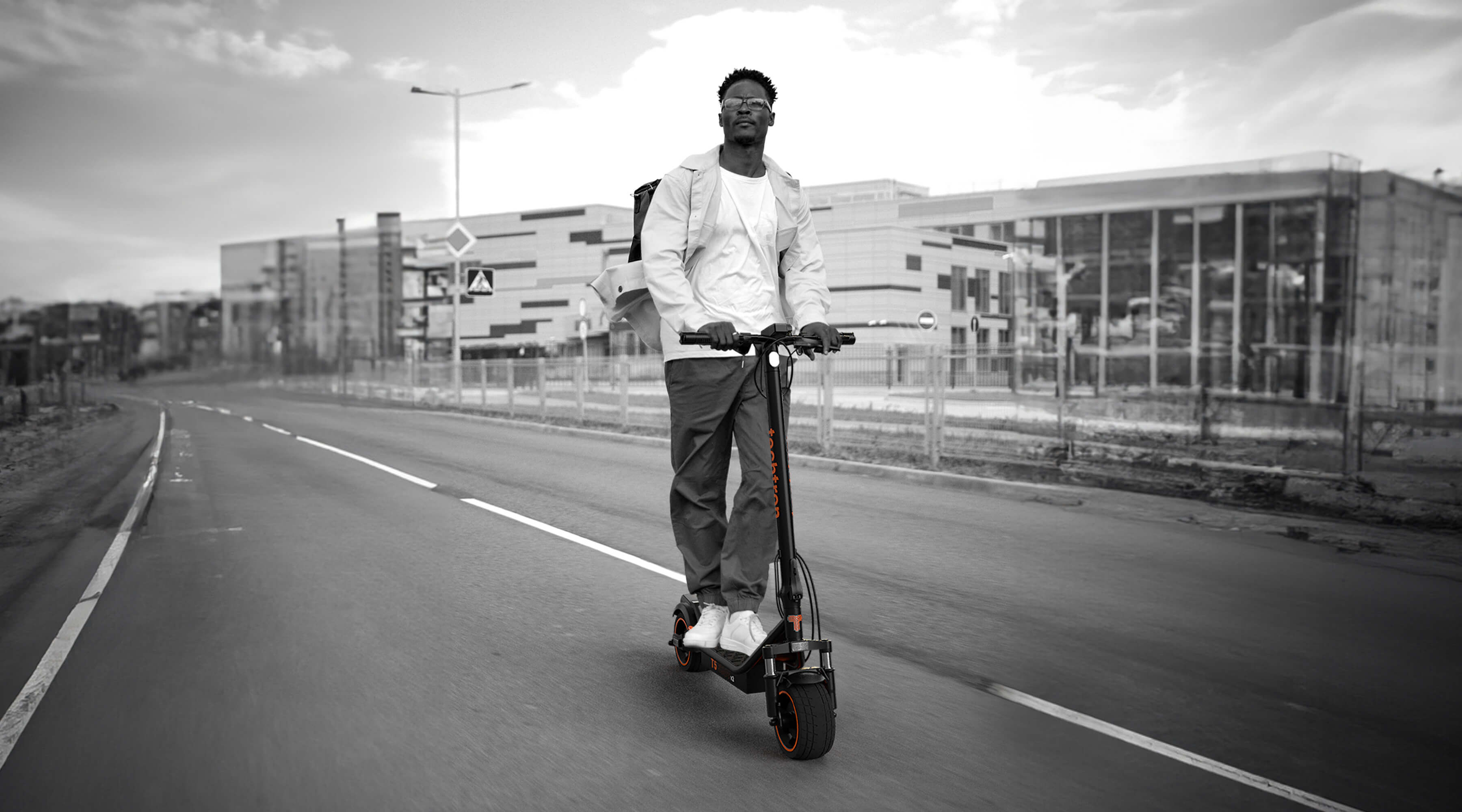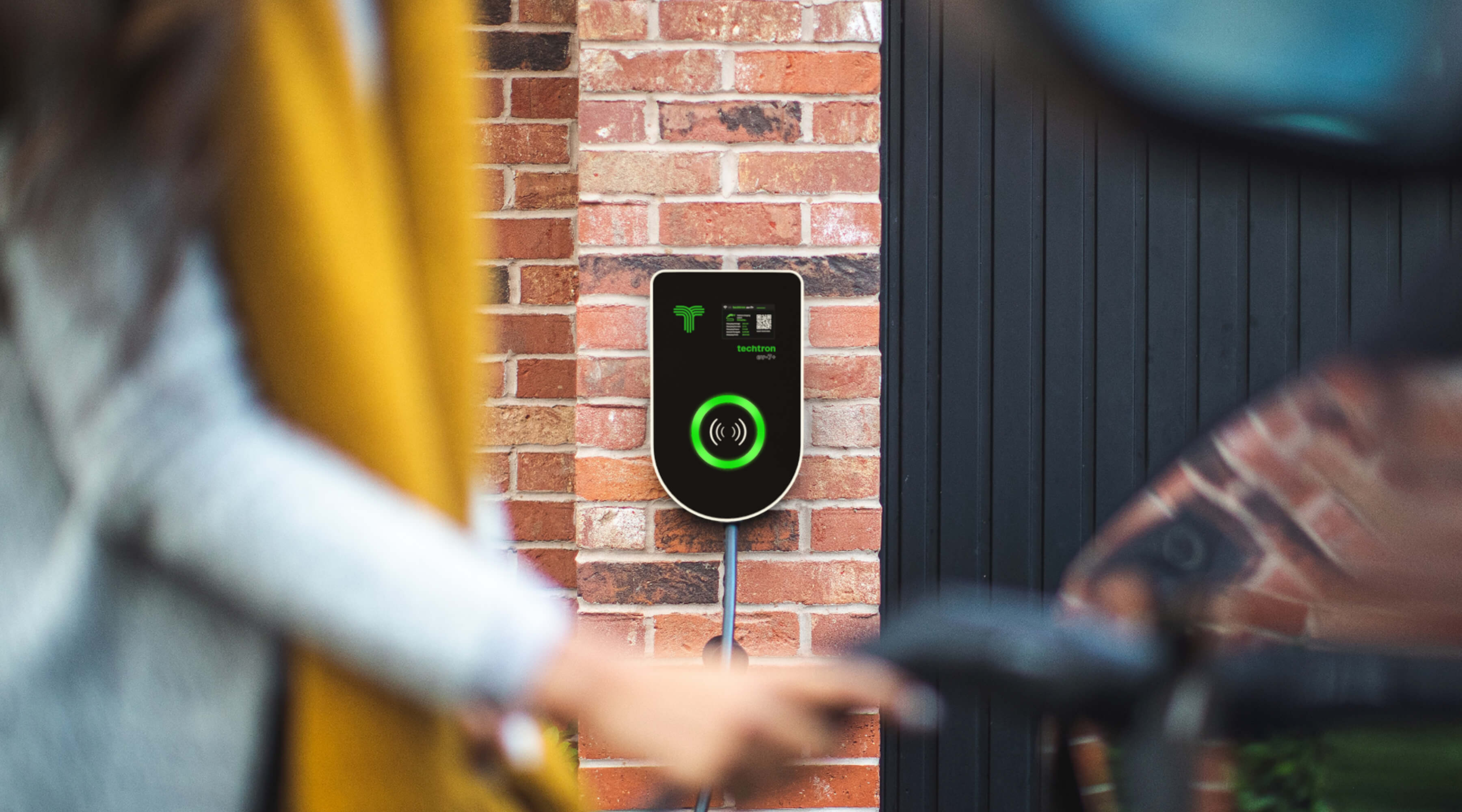
Are Electric Scooters Legal in the UK? (June 2023 update)
Electric scooters have become a popular mode of transportation in many countries around the world. However, their legality varies from one jurisdiction to another. In the United Kingdom, the status of electric scooters is a topic of interest and debate. In this blog post, we will explore the question 'Are electric scooters legal in the UK?' along with relevant statistics.
Understanding Electric Scooters:
Electric scooters, also known as e-scooters, are compact, battery-powered vehicles that are designed for short-distance travel. They offer a convenient and eco-friendly alternative to traditional modes of transportation. Electric scooters typically have two wheels, handlebars, a deck to stand on, and an electric motor for propulsion.
Legal Status as of June 2023:
Until recently, electric scooters were not legal to use on public roads, cycle lanes, or pavements in the UK. They were classified as "Personal Light Electric Vehicles" (PLEVs) and fell under the same category as Segways and hover-boards. This meant that riding an electric scooter in public spaces was considered illegal, except on private property with the landowner's permission.
Government Trials:
In response to the growing popularity of electric scooters and the need for more sustainable transportation options, the UK government launched e-scooter trials in selected areas across the country. These trials allowed local authorities to test the use of electric scooters on public roads and assess their impact on traffic, safety, and the environment.
According to the Department for Transport (DfT), as of June 2023, over 30 towns and cities in the UK have participated in the e-scooter trials. These trials have seen significant usage and have covered a considerable distance. For example, in the West Midlands trial, which began in September 2020, over 1.7 million miles have been traveled on electric scooters by more than 500,000 riders.
Potential Future Legislation:
Based on the outcomes of the trials, the UK government has been considering the legalization of electric scooters across the country. This could involve introducing new legislation and regulations to govern their use. The goal is to create a framework that ensures the safe integration of electric scooters into the existing transportation infrastructure.
Benefits and Concerns:
Electric scooters offer several benefits, including reduced carbon emissions, less traffic congestion, and increased accessibility to transportation. According to a study by the European Environment Agency, electric scooters produce 82% less CO2 emissions compared to an average car.
However, there are concerns related to safety. According to a report by the Royal Society for the Prevention of Accidents (RoSPA), there were 285 reported e-scooter accidents in the West Midlands trial area between October 2020 and April 2021. These accidents highlight the need for proper regulation, infrastructure improvements, and rider education to ensure the safe coexistence of electric scooters with other road users.
Conclusion:
As of June 2023, electric scooters remain illegal to use on public roads, cycle lanes, and pavements in the UK, except during government trials in specific areas. However, discussions are ongoing regarding the potential legalization of electric scooters nationwide, with the aim of introducing regulations that ensure safety and responsible use.
The e-scooter trials have provided valuable insights into their usage patterns and benefits. The statistics from these trials demonstrate the significant interest and demand for electric scooters as a mode of transportation. Balancing the benefits with safety considerations is crucial as the UK moves towards potential legalization and implementation of regulations for electric scooters.

















